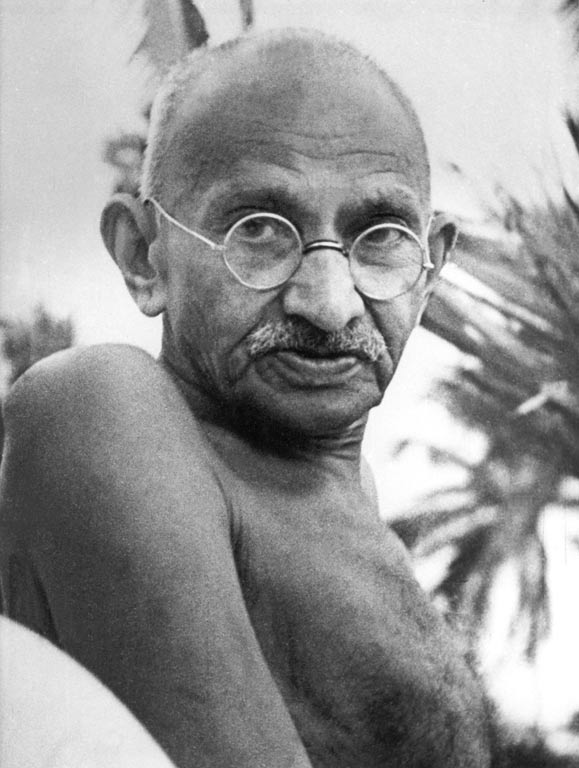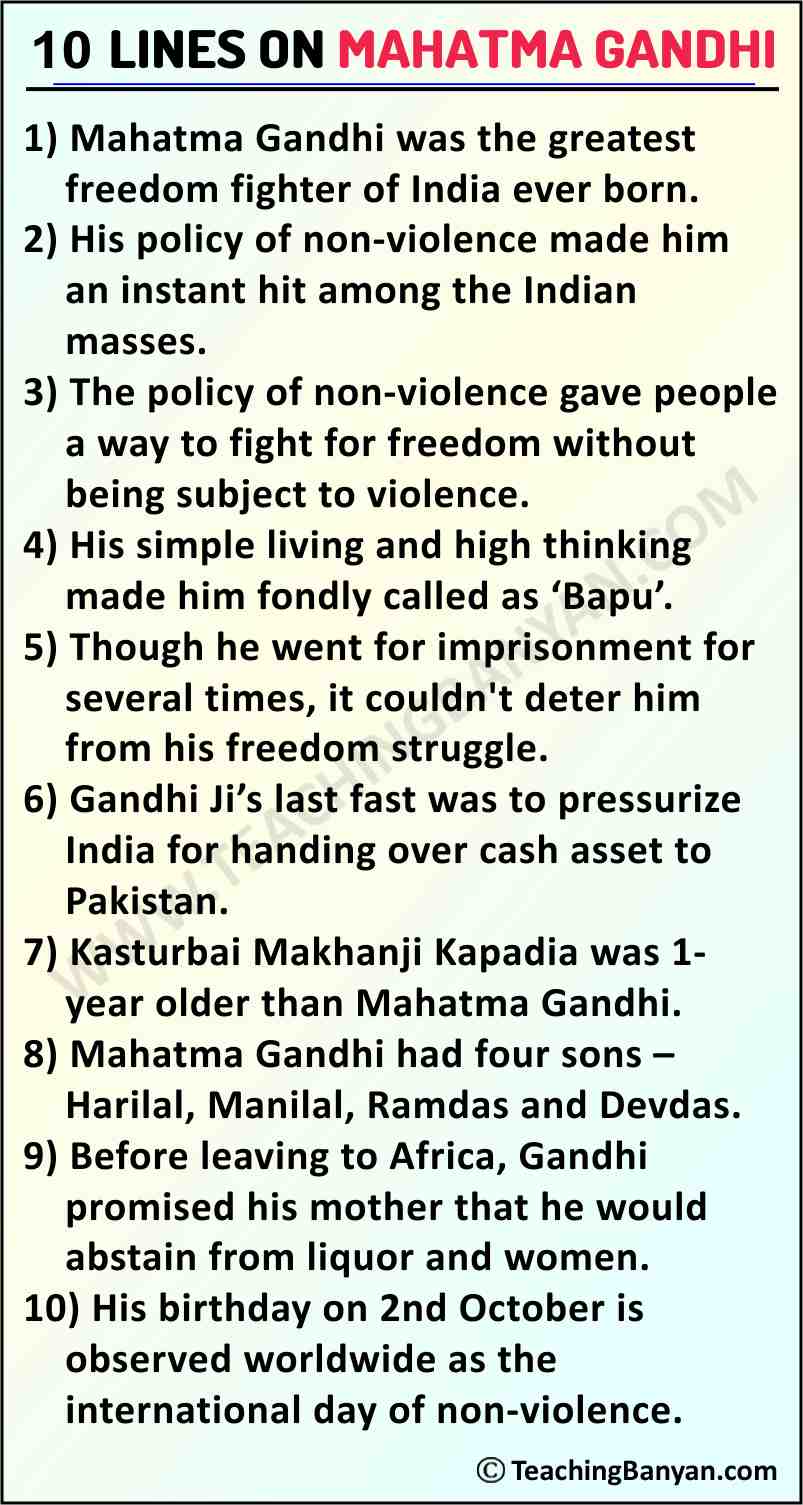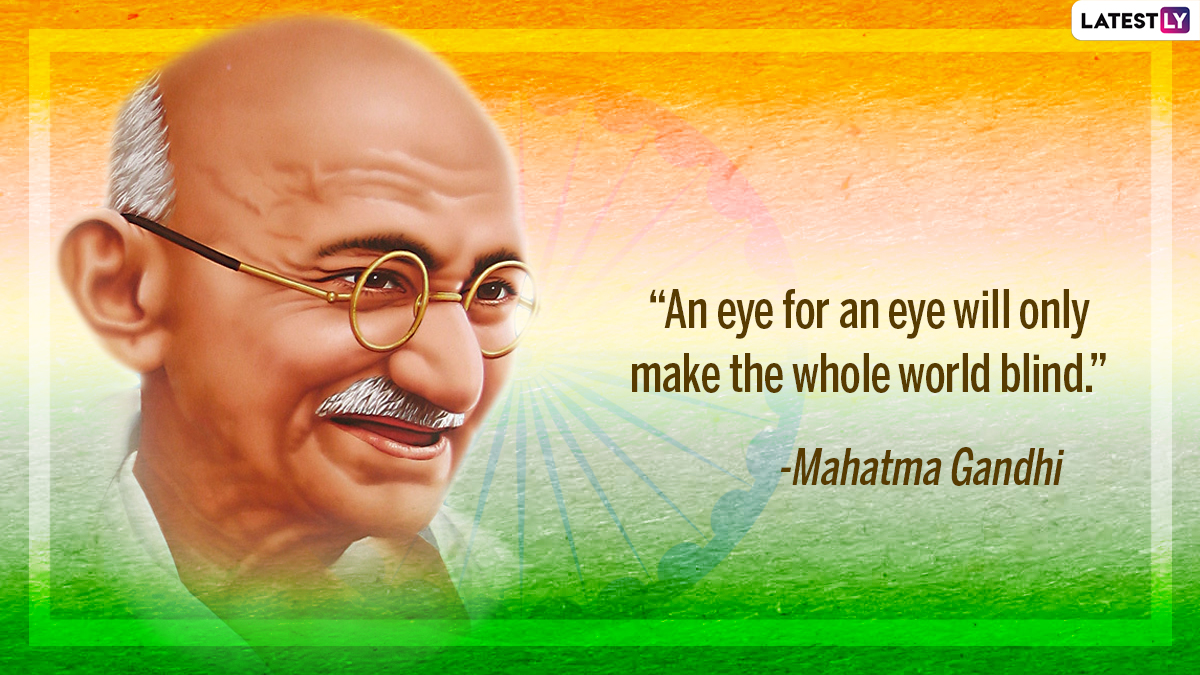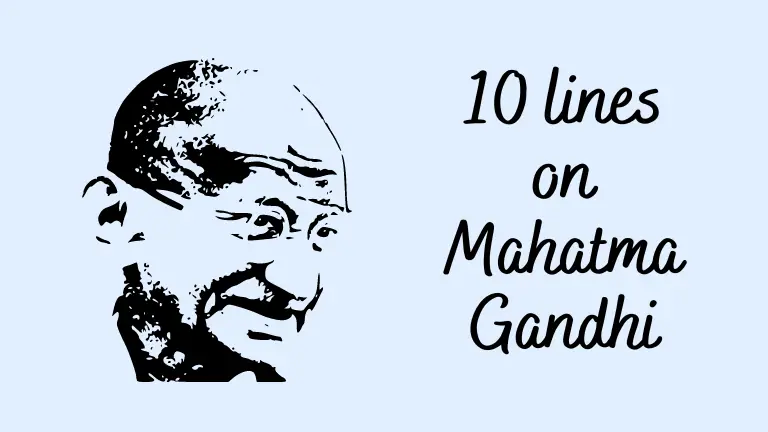Mahatma Gandhi was a man who truly lived by the phrase, "be the change you wish to see in the world." He was a leader, a philosopher, and an activist who dedicated his life to the pursuit of justice and equality for all people.
Born in 1869 in British India, Gandhi was deeply influenced by the teachings of Hinduism and the Bhagavad Gita. He believed in the power of nonviolence and the idea that love and compassion could conquer all forms of oppression. He also believed in the importance of self-reliance and the power of individual action to bring about positive change.
Gandhi's philosophy of nonviolence, or ahimsa, was put into practice during India's struggle for independence from British rule. He organized and led a series of nonviolent protests and boycotts, including the Salt Satyagraha, in which he and his followers marched to the sea to gather salt in defiance of a British tax on the commodity. This act of civil disobedience inspired millions of Indians to join the independence movement and helped to bring about the end of British rule in 1947.
Gandhi's philosophy of nonviolence and civil disobedience has had a lasting impact on the world. His tactics were later adopted by other civil rights leaders, such as Martin Luther King Jr., and have been used to bring about social and political change in countries around the world.
But Gandhi's influence extends beyond his political activism. He was also a deeply spiritual man who believed in the importance of inner transformation and self-improvement. He taught that true change can only come from within, and that each person has the power to make a positive difference in the world through their own actions and choices.
Gandhi's life and legacy serve as a reminder of the power of love and compassion to bring about change. His words and actions continue to inspire people around the world to work towards justice, equality, and a more peaceful world.









